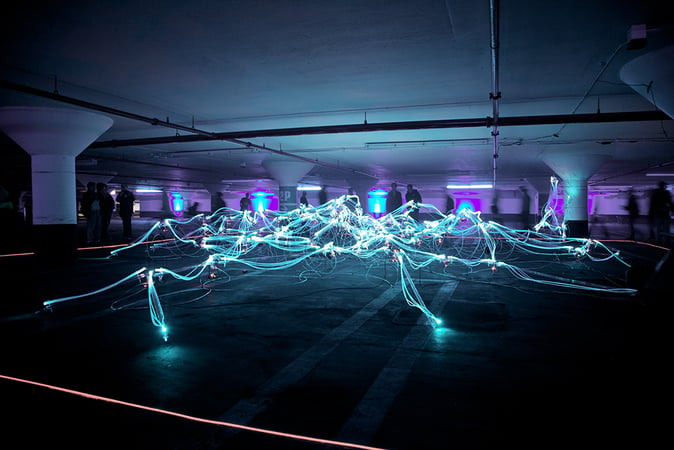LayerZero’s V2 introduces an omnichain network of blockchains to enable web3 developers to build universal decentralized applications.
Amid the mass adoption of web3 applications, LayerZero (ZRO), a fast-growing omnichain interoperability protocol, has emerged as a crucial component. Backed by a strong community and group of software engineers, LayerZero has been making waves as a top interoperability network. Moreover, LayerZero supports more than 50 blockchains and has so far facilitated over $50 billion in value transfer across different web3 protocols. The LayerZero protocol is currently valued at over $3 billion following the recent $120 million funding round that attracted top-notch investors like a16z crypto, Sequoia Capital, OKX Ventures, and Circle Ventures among others.
As a result, LayerZero has managed to make strategic hirings to build the necessary infrastructure to onboard more blockchains and web3 protocols.
LayerZero V2 Released
On Thursday, December 14, LayerZero announced the deployment of the V2 upgrade across more than 40 testnets. Notably, the LayerZero V2 is an omnichain network of blockchains that helps developers of decentralized protocols to build universal applications with fewer hustles.
“All told, with the launch of V2, LayerZero aims to embed itself as a crypto primitive on par with Bitcoin and Ethereum. Bitcoin as the protocol for crypto money, Ethereum as the protocol for crypto finance, and LayerZero as the protocol for crypto internet,” the company noted in the announcement.
The LayerZero V2 upgrade introduces several new features geared towards enhancing the security of Interchain messages among others. One of the notable LayerZero V2 features is the Decentralized Verification Networks (DVNs), which basically replace the V1 oracles. The LayerZero V2 also introduces the adapters that include Axelar and Chainlink’s Cross-Chain Interoperability Protocol (CCIP) DVN.
As for Interchain security, the LayerZero permissionless execution replaces the relayer and separates execution from verification by introducing executors. Additionally, the LayerZero V2 upgrade ensures each omnichain application is configured with a security stack that comprises DVNs, executors, and chain conformations among other parameters.
The LayerZero v2 also increases the interchain throughput with enhanced programmability. Moreover, the LayerZero V2 enables web3 developers to build applications that work on all compatible chains including the non-EVM ones by being compatible with V1.
Meanwhile, the mainnet launch of the LayerZero V2 is scheduled to take place in January 2024 with support from DVNs and Executors. Worth noting that Animoca, Blockdaemon, Delegate, Gitcoin, Nethermind, Obol, P2P, StableLab, Switchboard, Tapioca, Polyhedra, LayerZero Labs, and Google Cloud will run the LayerZero DVNs after the mainnet launch.
LayerZero has always been built with the ability to have a native token within the protocol, as can be seen in the immutable code launched on day 1. We’ve heard the community discussion over the last few months and the lack of clear communication around this. We’ll state now in…
— LayerZero Labs (@LayerZero_Labs) December 7, 2023
Having amassed notable on-chain support, LayerZero intends to conduct its highly anticipated airdrop during the first half of 2024. Meanwhile, the LayerZero team announced that it is working on the token distribution mode to ensure proper communication with the community.




